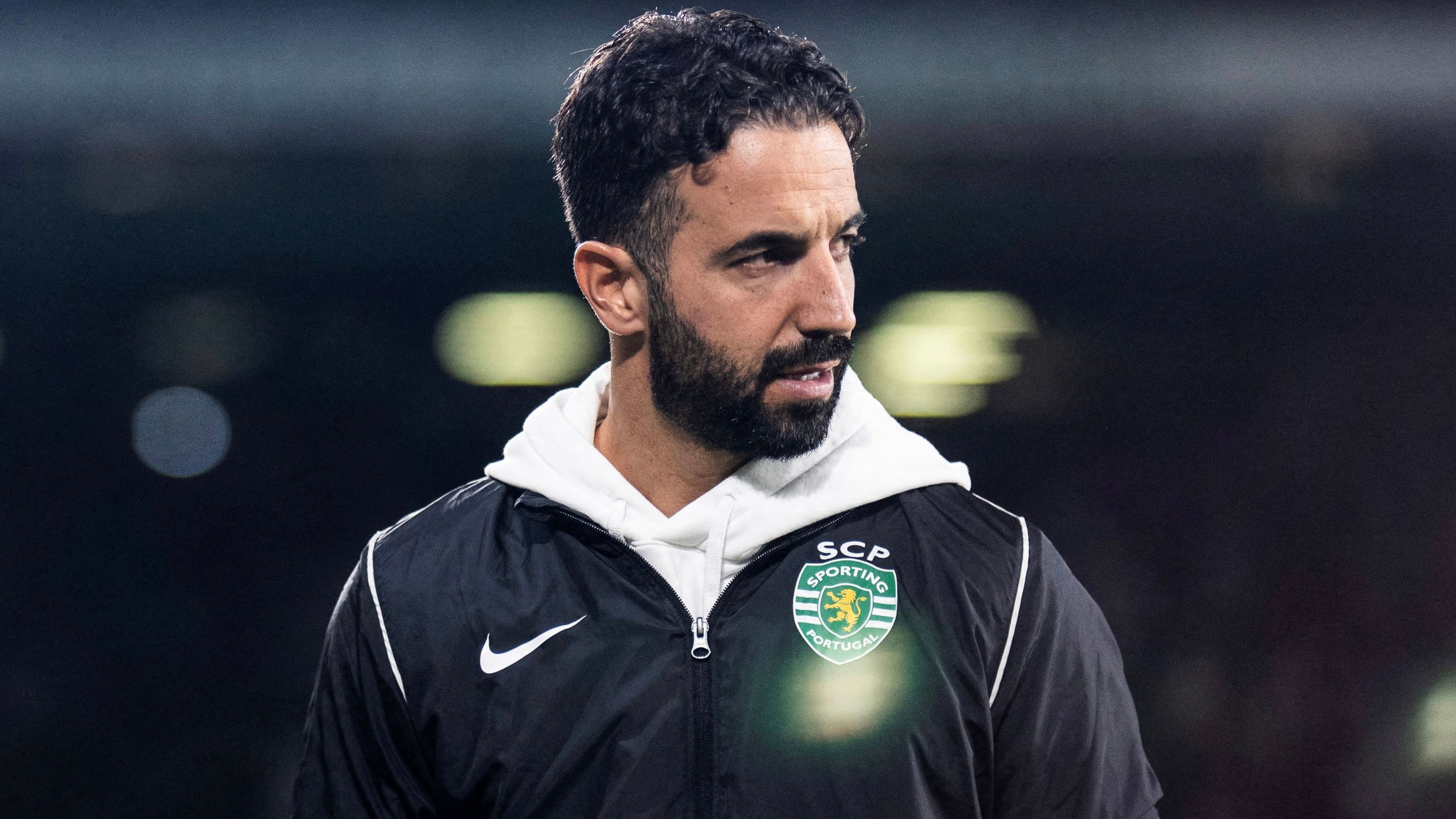 |
|
The potential transfer of Ruben Amorim from Sporting CP to Manchester United hit a snag when the Portuguese manager's request for control over player transfers was rejected by the English club. The news emerged as Amorim prepares to leave his current club after a successful tenure, with the 'now or never' sentiment surrounding the move highlighting the pressure he faced in seeking this specific control.
Amorim, known for his tactical acumen and ability to nurture young talent, envisioned a scenario where he would have a significant influence over the direction of Manchester United's squad. This desire for autonomy aligns with his coaching philosophy, which emphasizes building a team based on his vision rather than simply accepting pre-determined players. The club, however, appears to have a different approach, valuing its established scouting network and transfer strategies. This clash of philosophies likely played a pivotal role in the breakdown of negotiations.
The news of Amorim's request and its subsequent rejection highlights the complex dynamics of managerial appointments in top-flight football. Beyond technical abilities, clubs increasingly seek managers who fit their broader vision and operational structure. While Amorim's proven track record and tactical expertise may have initially impressed Manchester United, the issue of transfer control became a non-negotiable point of contention, ultimately hindering the potential move. The rejection of Amorim's demand underscores the importance of aligning managerial philosophies with club strategies to ensure a successful partnership in modern football.
